What Are The 3 Phases Types Of Data Analytics?
4.9 out of 5 based on 9574 votesLast updated on 8th Oct 2024 16.2K Views
- Bookmark

The phases of data analytics include descriptive, diagnostic, predictive, and prescriptive analytics, enhancing decision-making processes.
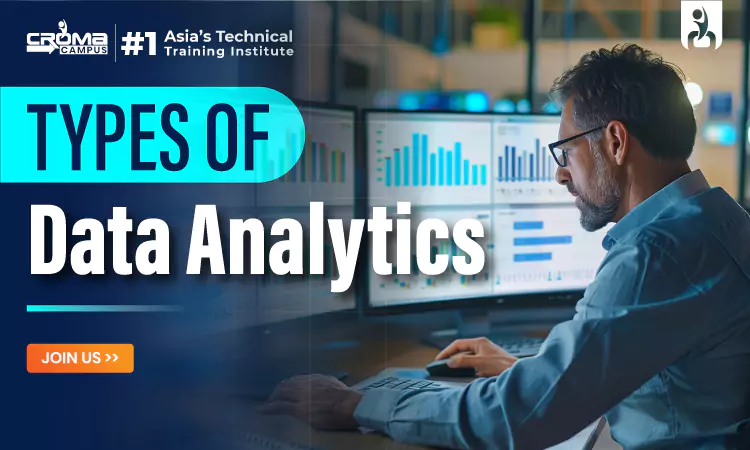
To begin with, Data analytics refers to the process of examining data to extract insights and make informed decisions. In addition, this practice consists of collecting, cleaning, analyzing, and interpreting the data using various statistical and computational techniques. Along with this, Data Analytics is useful in a wide range of fields such as finance, healthcare, marketing, and science.
3 Phases of Data Analytics
Here are the three significant phases of Data Analytics
- Data Collection and Preparation - This process includes data gathering for collecting data from various sources, such as databases, APIs, sensors, and social media. Along with this, it also facilitates data cleaning to identify and correct errors and inconsistencies. Above all, the Data Analytics process consists of data transformation and is useful for converting data into a suitable format for analysis. Thus, often involving normalization, standardization, and feature engineering.
- Data Analysis and Modeling - It includes processes like exploratory data analysis (EDA) which is useful for summarizing and understanding the data through visualizations. Along with this, it also uses statistical metrics and other techniques for the same purpose. Furthermore, it also consists of statistical analysis for applying statistical methods to analyze relationships, patterns, and trends in the data. Above all, this process includes building and training predictive models to make predictions or classifications based on the data.
- Data Interpretation and Visualization - This phase includes interpreting the results and analyzing the output of the analysis or modelling process. Along with this, the primary objective of this process is to extract meaningful insights. Along with this, it includes data visualization for creating visual representations of the data. This practice also includes reporting and preparing reports and presentations to share insights with stakeholders.
Types of Data Analytics
- Descriptive Analytics - The descriptive analytics process is useful for summarizing and describing existing data. Furthermore, it is also useful for understanding what has happened in the past and provides insights into trends.
- Diagnostic Analytics - This analysis is primarily useful for investigating the root causes of events or outcomes. Furthermore, it helps you understand why something happened and identify underlying factors.
- Predictive Analytics - Predictive analytics is useful for forecasting future trends and outcomes. Along with this, it also uses statistical models and machine learning algorithms to predict future events.
- Prescriptive Analytics - This Data Analytics type is useful for recommending the optimal actions based on data-driven insights. Along with this, this helps in suggesting the best course of action to achieve specific goals.
Uses of Data Analytics
Data analytics has a wide range of applications across various industries and domains. This technology is used across various industries and with time its usage is expected to increase. As the volume and variety of data continue to grow, the applications of data analytics will only expand further. Many institutes provide Data Analytics Course Online and enrolling in them can help you learn its use cases. Here are some of the popular use cases of Data Analytics.
- Healthcare - In the healthcare sector, Data Analytics is useful for disease diagnosis and developing diagnostic tools using machine learning and data analytics. Along with this, it also facilitates personalized medicine and helps in tailoring treatments to individual patients based on their genetic data and medical history. Furthermore, Data Analytics facilitates better healthcare management and helps in optimizing resource allocation and improving patient outcomes.
- Finance - This technology is also useful in investment analysis and it helps in evaluating investment opportunities and managing risk. Data Analysis also facilitates fraud detection and helps in identifying fraudulent financial transactions. Furthermore, it ensures better risk assessment and helps in assessing the creditworthiness of individuals and businesses.
- Marketing - In the mastering sector, Data Analytics helps in tasks like customer segmentation. Furthermore, it also helps in targeting specific customer groups with tailored marketing campaigns. This is also useful for market research and helps in gathering insights into customer preferences and behaviour. Furthermore, it also ensures campaign optimization and helps in measuring the effectiveness of marketing campaigns.
- Government - In the government sector, this technology is useful for the tasks such as policy development. Along with this, it facilitates urban planning and helps in optimizing the city infrastructure and resource allocation. Furthermore, this helps in analyzing the crime data to improve public safety.
- Science and Research - Data Analytics is useful for scientific discovery and helps in analyzing data to uncover new scientific insights. Along with this, it also facilitates climate change research and helps in studying climate data to understand and address climate change. Above all, this solution facilitates drug discovery and helps in developing new drugs using data-driven approaches.
Also Read These Blogs:
Skills Required For Data Analytics
Data Analyst Course After 12th
Why Use Data Analytics?
Implementing Data Analytics in business operations helps in understanding the business customers. Along with this, it helps in identifying customer preferences, behaviours, and trends. Furthermore, Data Analytics improves the overall decision-making and helps in making the data-driven decisions as per the insights and evidence. Data Analytics Course In Noida practice also helps in optimizing the operations along with identifying the inefficiencies and improving processes. This practice predicts future trends and also forecasts future outcomes while anticipating the changes. Therefore, many companies use it and look towards finding professionals with Data Analytics Certification. Apart from these, given below are some significant reasons why businesses use Data Analytics.
- This helps in making more informed decisions by providing data-driven insights.
- This practice helps businesses identify inefficiencies and optimize their operations.
- Implementing Data Analytics helps businesses understand their customers and tailor their products and services.
- Data analytics helps businesses reduce costs by identifying areas where they can improve efficiency.
- Data analytics can give businesses a competitive advantage and help them make data-driven decisions.
Best Data Analytics Certifications in 2025
Here are the best data analytics certifications you can explore in 2025.
- Certified Data Analyst (CDA)
- Certified Analytics Professional (CAP)
- Certified Big Data Professional (CBDP)
- Certified Data Scientist (CDS)
- Certified Data Mining Professional (CDMP)
- Certified Analytics Professional (CAP) in Data Science
Conclusion
Data analytics plays a crucial role in extracting valuable insights from data and making informed decisions. By understanding the three phases of Data Analytics Course In Delhi and its various applications, businesses can leverage the power of data to drive innovation. Along with this, it also helps in improving the overall efficiency and gaining a competitive advantage. Above all, businesses can leverage the power of data to drive innovation, improve efficiency, and gain a competitive advantage.
Subscribe For Free Demo
Free Demo for Corporate & Online Trainings.
Your email address will not be published. Required fields are marked *
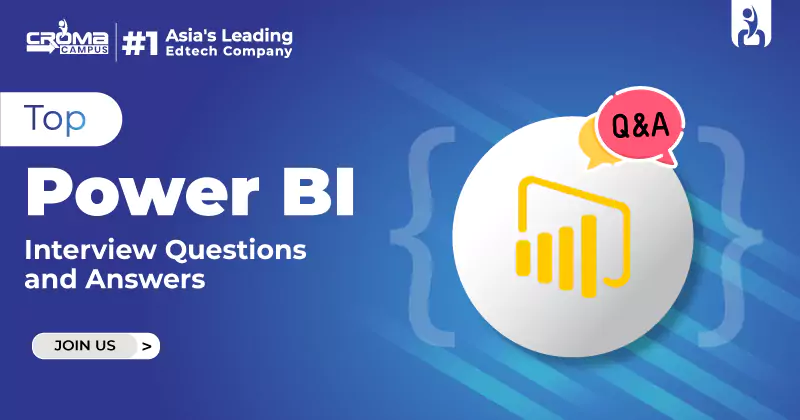
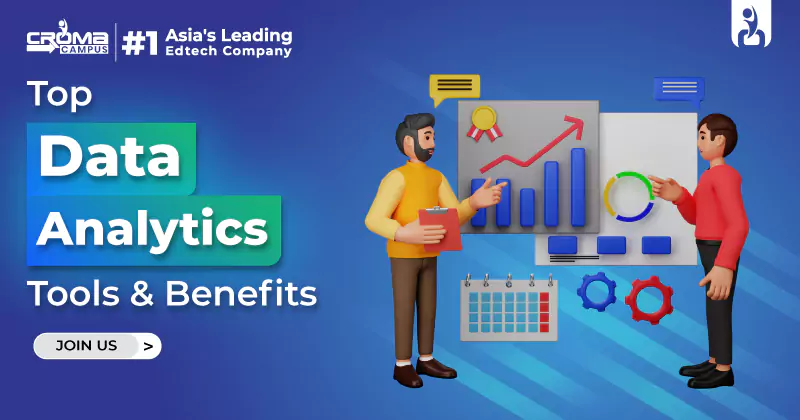
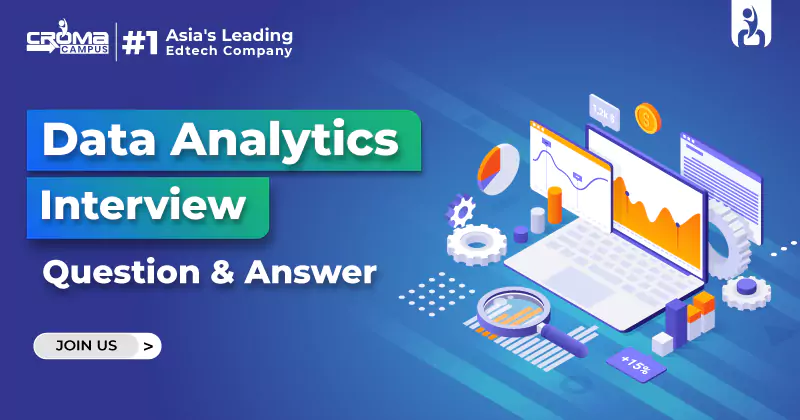
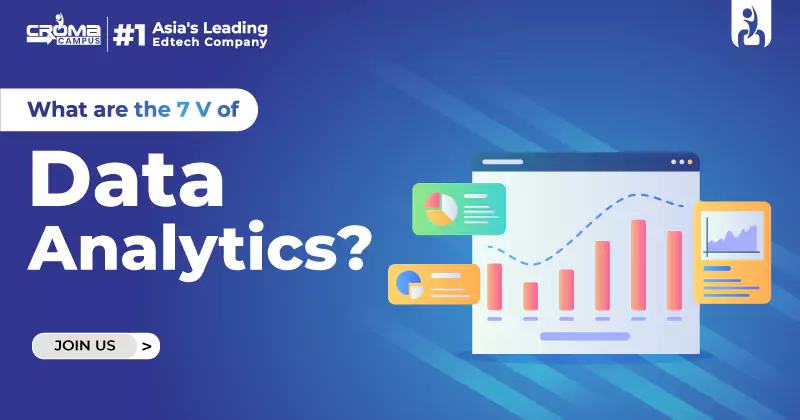
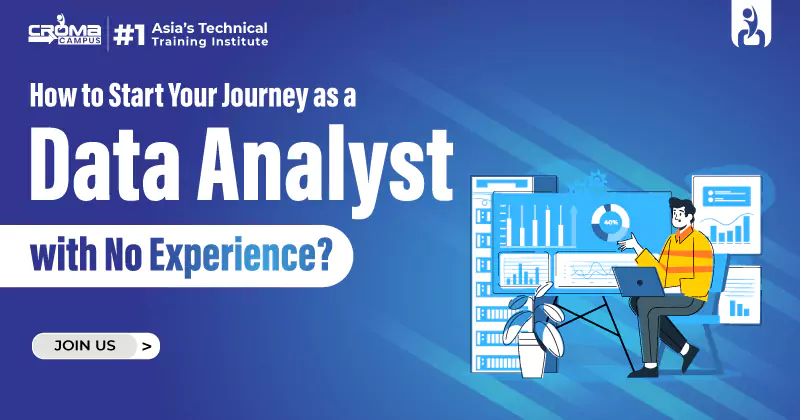
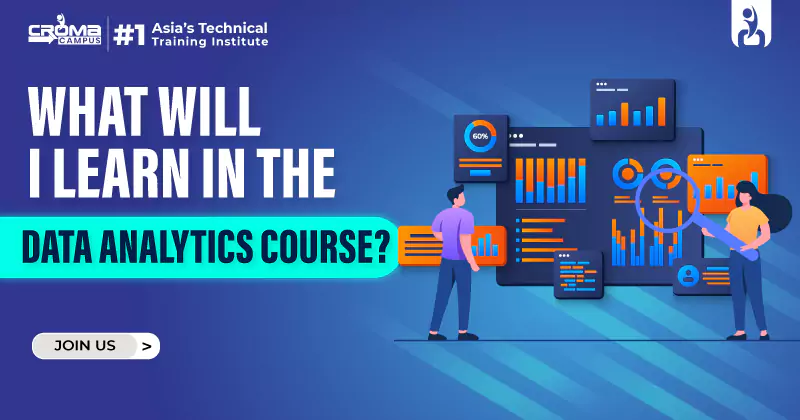
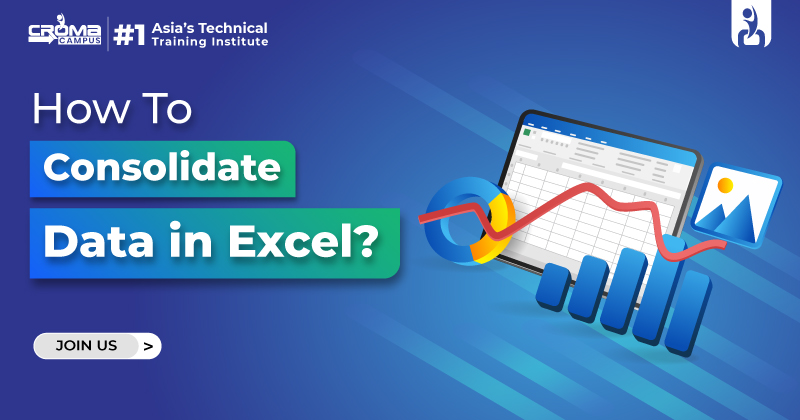
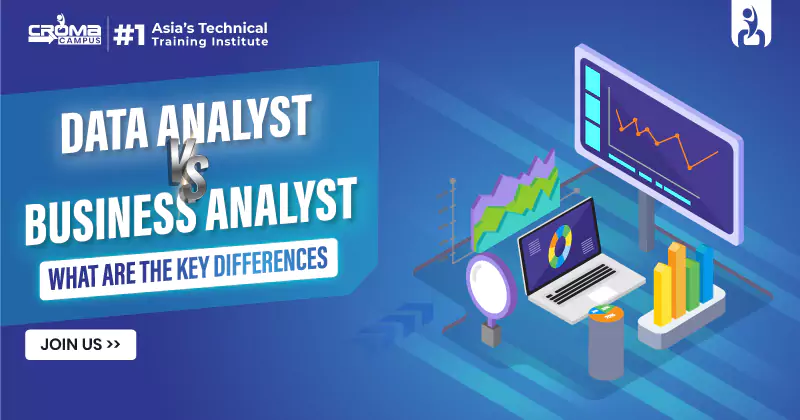
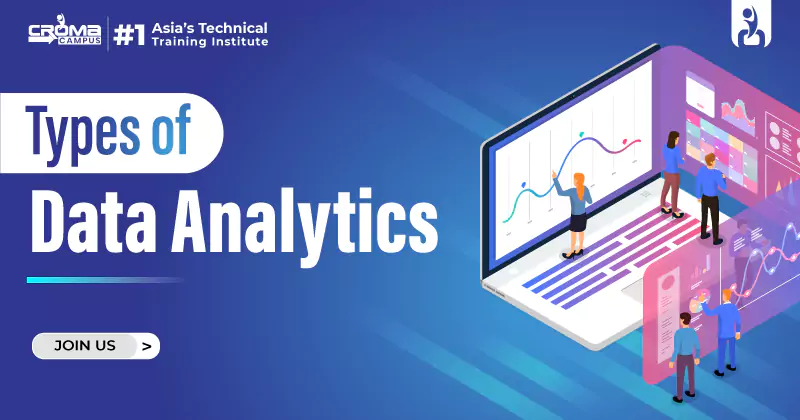
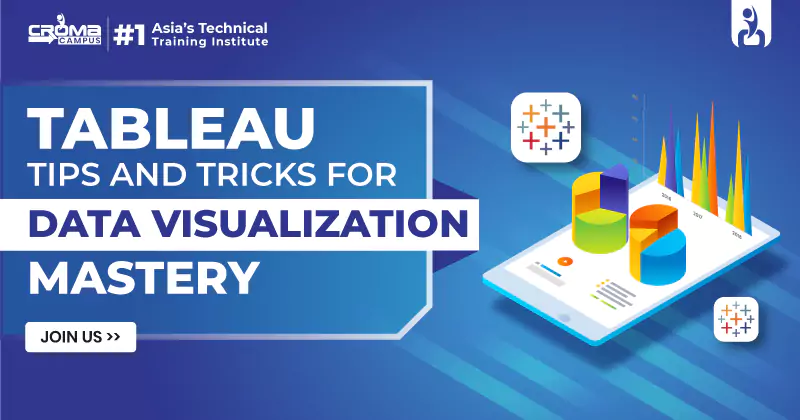
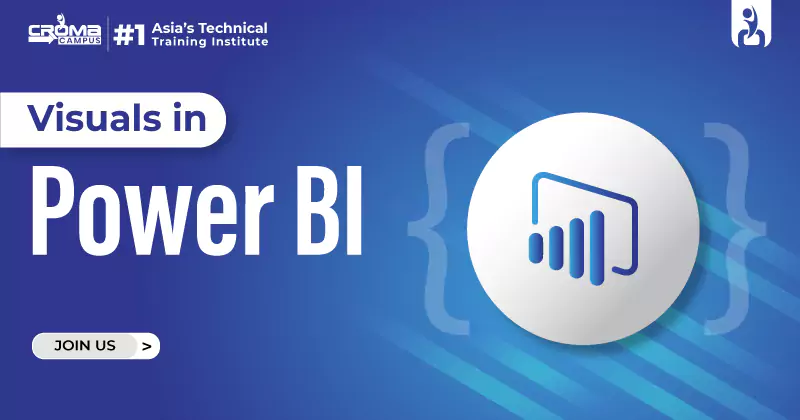











 Master in Cloud Computing Training
Master in Cloud Computing Training